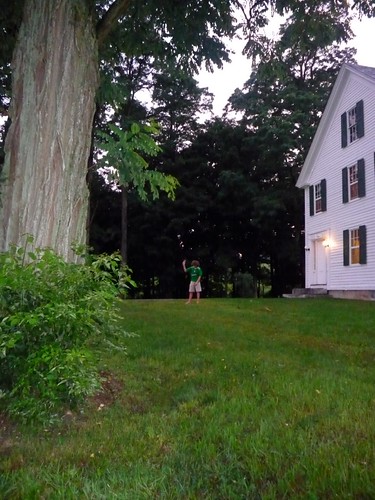Dutton claimed to be a hard man on asylum seekers, but his failure was epic
Dutton #Dutton

Loading
The government calculates that an application for asylum takes 2.4 years on average at the Department of Home Affairs, followed by 3.6 years if the applicant seeks a merit review at the Administrative Appeals Tribunal, then up to five years if it goes to a judicial review at the Federal Court. That is under the rules set when the Coalition was in power.
The flaw is simple. Visitors can enter the country with the help of an agent overseas who arranges their electronic travel authority to get them onto the plane and through the airport when they land. Once here, those visitors can extend their stay in several different ways, such as signing up for a “ghost college” on a student visa or claiming asylum – sometimes arranged by a criminal syndicate and migration agent. They have work rights during the years it takes for an asylum claim to be decided.
The exploitation can be horrific. Human traffickers in the sex industry, for instance, can confiscate a migrant’s passport upon arrival and treat them as slave workers. This was the experience for Karen, a woman from South Korea who told her story in the Trafficked series in this masthead last year.
When Rizvi checked the number of asylum seekers in the country at the time of the last election, he calculated that 26,405 were at the primary stage at the Department of Home Affairs, another 36,708 were waiting on reviews at the Administrative Appeals Tribunal and 31,147 had been rejected at both the primary and AAT stages but were pursuing appeals in the courts or chosen not go leave.
Loading
That last number is a special concern because it highlights the way the reality on the ground can be so different from the policy theory in Canberra. Even when officials refuse a visa, they can struggle to find and deport the individual. This means the nation has a swelling cohort of migrants who are totally vulnerable to exploitation because they have no legal right to remain.
One dire future, if the courts reject the applications but migrants refuse to leave, is a path to a permanent underclass – the American model of the illegal migrant who gets by with odd jobs. What will happen in a decade? Will a future government have to offer an amnesty for illegal workers?
Dutton has to answer for this problem. The warnings about onshore asylum seeker claims go back years. This masthead reported the long delay in making decisions in December 2018, then the rise to 95,000 asylum seekers in October 2019. The Coalition takes credit for stopping the boats at sea, so it must take responsibility for nine years of management of the entry points on land.
Many of these migrants will be found to be genuine refugees who are forced to wait years in a system that is congested with claims that are found to have no merit. If 90 per cent of applications are ultimately rejected – by courts, not just officials – the system clearly has too many false claims.
Home Affairs Minister Clare O’Neil and Immigration Minister Andrew Giles now promise a better way forward, although it is mostly about spending $159 million to speed up decisions in their department and at the tribunals and courts. But how will officials find and deport those without genuine claims? Will these new steps actually curb the number of visitors making false claims in the first place?
Loading
Labor should have acted more quickly. O’Neil and Giles received a report from former Victorian police commissioner Christine Nixon in March, in response to media reports about the problem last October, but they took seven months to develop their response.
Broader changes will have to wait until after the Voice referendum, when O’Neil and Giles move to simplify the overall visa system in response to a review led by Martin Parkinson, formerly Treasury secretary and head of the Department of Prime Minister and Cabinet. In the meantime, annual net migration has crashed through Labor’s forecast of 400,000 and reached as many as 500,000 people.
This mess has been years in the making and will be years in the fixing. If it is too slow, Labor will get to the next election without being able to demonstrate solid results from its changes. Too late, it may discover that blaming Dutton for the problem only works if it can prove it has a solution.
David Crowe is chief political correspondent.